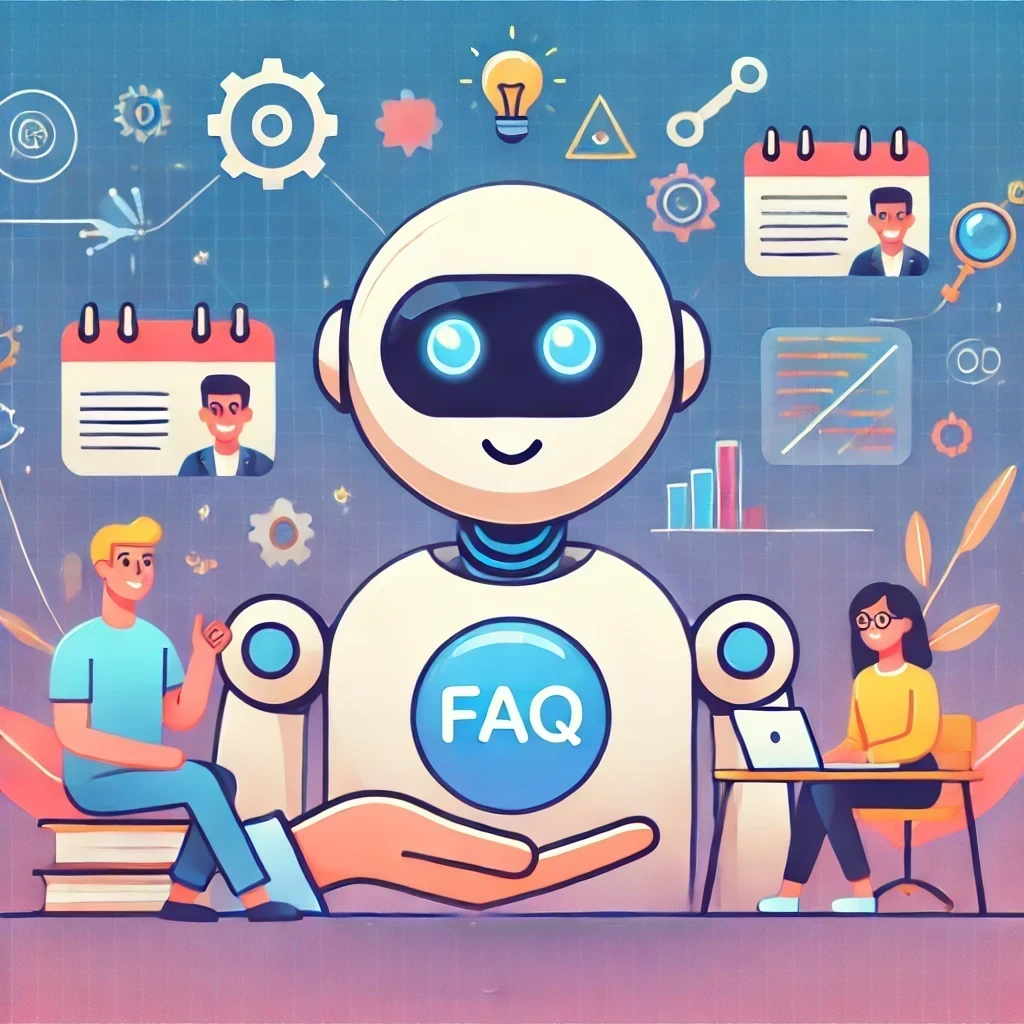I’m a ChatGPT teacher and frequently receive a wide variety of questions about how ChatGPT works and how to use it effectively. Below, I’ve compiled answers to some of the most common inquiries I’ve encountered.
Disclaimer: This FAQ reflects the state of ChatGPT as of January 2025. ChatGPT is rapidly evolving, so some details may change over time.
1. What is ChatGPT?
ChatGPT is an AI chatbot built by the company OpenAI. It is designed to understand and generate human-like text based on your questions, prompts, and instructions. Think of it as a friendly, intelligent assistant that can help with anything from answering trivia to drafting emails, writing code, or brainstorming ideas.
2. Is it better to write in English or my own language?
ChatGPT works well in many languages, so you can use whichever language feels most comfortable. Its core knowledge is consistent across languages, covering facts, concepts, and general information. However, since English typically has the most extensive training data, it may sometimes produce more detailed, nuanced, or natural-sounding responses in English.
3. Is ChatGPT always accurate?
While ChatGPT is powerful, it’s not foolproof. It can produce incorrect or outdated information because it relies on patterns from its training data rather than a direct understanding of the facts. If the available data is incomplete - or if the question is ambiguous - it may generate responses that sound plausible but are ultimately inaccurate.
Additionally, ChatGPT has a cutoff date. This means it was trained on data available up until a specific point in time, and it doesn’t have knowledge of events, discoveries, or changes that happened after that date. If the cutoff date is October 2023, for example, ChatGPT won’t know about developments after that. This limitation can lead to outdated answers, particularly in rapidly changing fields like technology, science, or current events.
To address this limitation, OpenAI introduced a Search functionality within ChatGPT. This feature allows ChatGPT to access real-time information from the web, providing up-to-date answers by integrating search capabilities directly into the chat interface. With this enhancement, users can receive more current and accurate information, especially on recent events or emerging topics.
4. Can ChatGPT remember my previous questions?
Yes, but only within the current conversation. ChatGPT uses your previous inputs for context during the session, but it doesn’t retain this information after the session ends.
5. Does ChatGPT learn who I am based on our conversations?
ChatGPT provides a Memory feature that can remember information across sessions to offer more personalized responses. It might recall your preferences - such as dietary restrictions - or keep track of your ongoing projects to make future interactions more useful. You have complete control over what ChatGPT remembers, including the option to view and delete specific memories or clear all stored information through the settings. You can also disable the Memory feature entirely if you prefer not to use it.
6. Is it safe to share personal information?
It’s best not to share sensitive or personal details. ChatGPT is designed for general conversation and assistance, not for securely handling personal data.
7. What can I use ChatGPT for?
Among other things you can use ChatGPT for:
- Learning: Explore topics like science, history, or art.
- Productivity: Draft emails, create summaries, or organize tasks.
- Coding: Debug, learn coding concepts, or generate code snippets.
- Creative Writing: Write stories, poems, or other literary works.
- Feedback: Improve your writing, proposals, or ideas.
- Brainstorming: Generate new concepts, titles, or strategies.
And much much more!
8. Does it provide the same answer to the same question every time?
No, and this is deliberate. ChatGPT is designed to introduce slight variations in its responses. This helps make conversations more dynamic and flexible, especially in creative or brainstorming contexts. The variations may result from the model’s randomness, context changes, or periodic updates.
9. Do I get better answers if I ask politely?
Politeness doesn’t directly affect response quality. Instead, what matters most is how clear, specific, and well-structured your question is. Providing relevant context and specifying your goals can lead to more accurate and helpful responses.
10. How do I decide which language model to use?
- GPT-4o: The best all-round model in ChatGPT. It has great multimodal capabilities to handle text, images, and audio inputs, making it ideal for most tasks.
- GPT-4o mini: A scaled-down variant of GPT-4o, designed for efficient performance with lower computational resources. In short: A faster, but not as good version of GPT-4o.
- o1: Focused on advanced reasoning and problem-solving, particularly excelling in coding, mathematics, and technical analysis.
- o1 mini: A lighter and more efficient version of o1, providing reasoning abilities while optimizing speed.
- GPT-4: At a time the most advanced model on the market. Now it just seems slow and outdated.
Personally I use o1 for coding and tasks requiring advanced reasoning and GPT-4o for everything else.
Wrapping Up
At the end of the day, your imagination is the biggest limit on what you can do with ChatGPT. You can use it to tackle a tricky school assignment, brainstorm new recipes, outline your next novel, or just explore fun facts. The more creative you get, the more interesting and helpful the answers become. So dive in, experiment, and see where your curiosity takes you!
